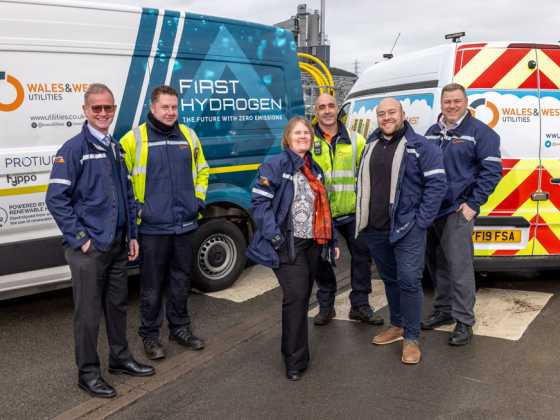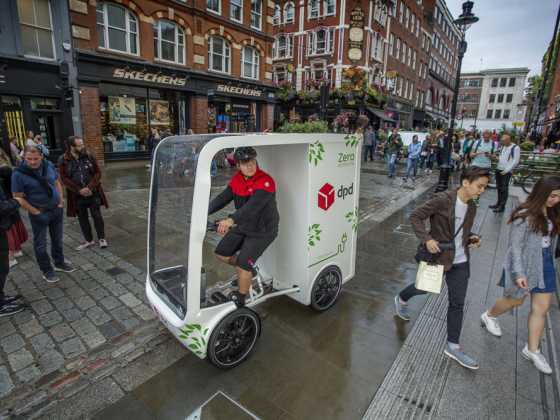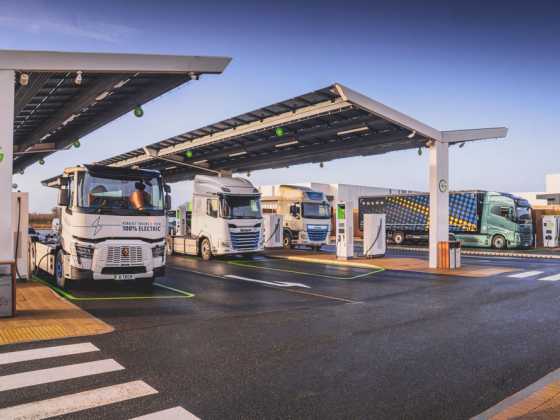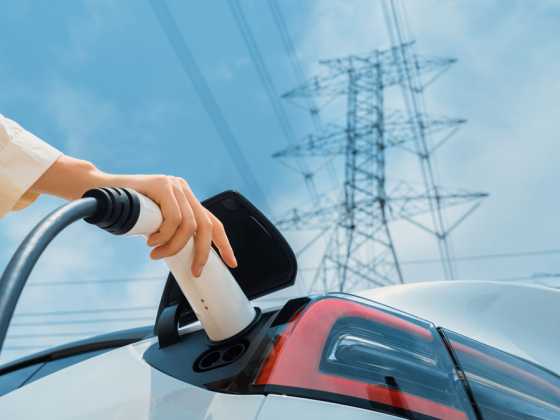Connecting the world responsibly
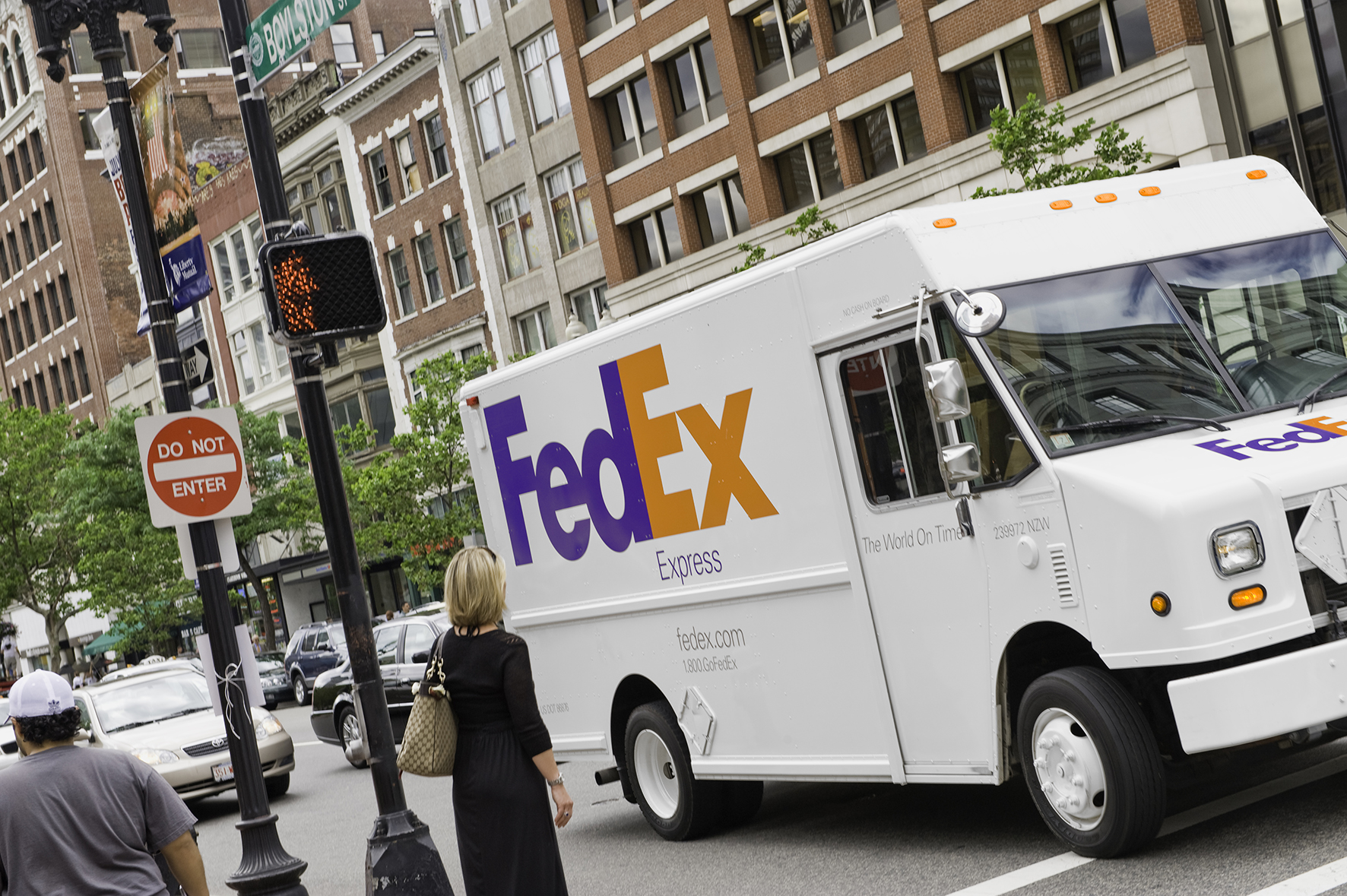
How does the world’s largest express transportation company ensure its impact on the environment is kept to a minimum? GreenFleet finds out from FedEx Express’ Louise Whitehouse
FedEx Express is the world’s largest express transportation company, delivering to more than 220 countries and territories. FedEx Express uses a global air-and‑ground network to speed delivery of time‑sensitive shipments, by a definite time and date with a money-back guarantee.
How has the FedEx Express fleet grown over time?
FedEx was founded over 45 years ago with an innovative idea to connect the world via a physical express transportation network.
On the first night of FedEx continuous operations, 14 Dassault Falcon jets delivered 186 packages overnight to 25 US. cities. In the decades that followed, FedEx Express built a physical network that now serves more than 220 countries and territories around the world, delivering over 12 million packages each day.
FedEx global fleet, of over 650 aircraft and more than 170,000 vehicles, enables us to connect 99 per cent of the world’s Gross Domestic Product (GDP), via land, sea and air. In the UK, the FedEx Express vehicle fleet comprises over 3,000 vehicles, connecting over 50 locations nationwide.
What is FedEx Express doing to reduce the emissions of its fleet?
As FedEx Express seeks to connect the world in ever more responsible ways, we are committed to increasing the fuel efficiency of our fleet, simultaneously reducing the carbon emissions generated through our day to day operations.
Through our ‘Reduce, Replace, Revolutionise’ strategy, we are constantly identifying new ways to reduce or eliminate impact, while applying the most modern, appropriate solutions and striving to discover innovative technologies that will shape tomorrow, today.
In FY15, FedEx Express met its original goal of increasing vehicle fuel efficiency 30 per cent by 2020 – five years early. We raised the stakes last year and revised that goal to increase vehicle fuel efficiency 50 per cent by 2025. In fiscal year FY17 (June 2016-May 2017), FedEx Express achieved a vehicle fuel efficiency improvement of 37.9 per cent from our 2005 baseline. This translates into a saving of 80 million litres of fuel, avoiding 219,714 metric tons of CO2e emissions.
Our fuel efficiency improvement encompasses active asset management efforts that include putting the right vehicle on the right route, meaning matching payload and mileage demands on a route to the best truck/technology for that duty cycle. We are replacing older vehicles with cleaner more fuel-efficient ones, and also moving older, less efficient vehicles to lower mileage routes and newer more fuel-efficient trucks to high utlisation routes.
How does FedEx Express aim to make its fleet more efficient?
As FedEx Express builds Europe’s leading logistics business, we will continue connecting the world in ever more responsible and resourceful ways.
Fleet modernisation and the introduction of advanced technology all play a part in moving us closer to this target, as we continue to promote the ‘Reduce, Replace, Revolutionise’ approach in everything we do.
FedEx Express electrification strategy means we make use of alternative fuel vehicles, which include battery electric vehicles and hybrids, so that we can continue to operate in even the most heavily regulated areas.
We continuously balance our fleet assets in a way that provides the best service for our customers and allows us to meet the growing demands of eCommerce, while optimising our operations to play our part in reducing the environmental impact of commerce.
How will technology shape the future of the FedEx fleet?
The FedEx Express business purpose is to connect people and possibilities around the world. We recognise and embrace the fact that future technologies will play a huge role in enabling us to do that. FedEx is always exploring how to use viable new technologies to better serve our customers and develop sustainable express transportation solutions.
As we continuously work to modernise our road fleet, FedEx Express not only incorporates the latest emissions technology but also requests the addition of in-vehicle safety technology, that is mature and viable to our operation, meaning road safety remains a priority in everything we do.
Outside the vehicle, modern mapping and address technology improves our precision when planning pick‑ups and deliveries. Sophisticated route optimisation also contributes to fuel efficiencies on the road.
Louise Whitehouse is managing director of UK ground operations, FedEx Express


